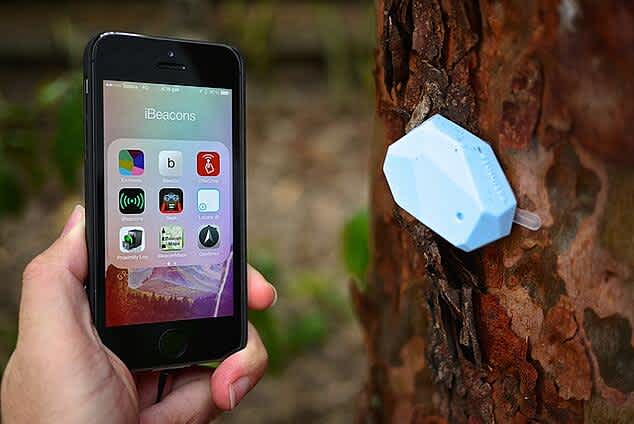It’s exciting to see how the concept of updating software has changed over the decades. There was a time when the answer to a post-release software update was releasing another version of the software into the market. In today’s connected world‚ a developer can make all the required changes to a software simply by creating an updated file‚ with the ability to replace the whole software package available for the user.
Mobile apps have also gone through this evolution. Initially‚ a mobile app developer would have to release a completely new software package into the market (making the older version obsolete) to add new features. Now‚ developers can release an update to the app that is already installed on the user’s device. The user can just login to the app store and update the app‚ to gain access to new functionalities added by the developer.
There are essentially three reasons for updating an app:
-
If the mobile app developer has found a bug in the app and managed to fix it.
-
If the mobile app developer is adding new features to the app.
-
If the mobile OS version has been updated.
Updates are usually made immediately by brands and mobile developers when they identify bugs or develop new features that can be added to an app. But very few apps are updated for reason 3; most brands do not have a dedicated team of developers working within their organisation. For this reason‚ they tend not to make regular updates to their mobile app in line with the OS update cycle.
Most mobile OS’s today have an annual update cycle‚ which means every year a newer version of the OS is released by their respective company. OS updates do not aim to drastically change the way the OS works in a year‚ but most features and functions do change over the course of 2 or 3 years of updates. This means an app released today would look and feel outdated in 2 years‚ if it isn’t continuously updated to keep up with OS changes.
As mobile app developers‚ we build amazing apps for our clients on a daily basis. Part of this process involves keeping an eye out for the possible release of future updates for the relevant OS‚ and what features it includes that could affect a particular app. An example of an app that we are currently updating for our client is the Thinking Digital Conference App. This is being updated firstly to make it work with the latest iOS‚ and secondly to change the content of the app to show this year’s speakers and sessions.
If you are thinking of updating your app in the near future‚ we’ve put together a checklist with useful tips on how to do so effectively:
-
Check the reviews that users have posted on app stores to gain feedback on what users think of the current app. These reviews are a gold mine‚ providing valuable insights into what users like and don’t like about your app.
-
Check what version of OS your existing app was developed to support‚ and what the current version of OS running on the market is. Also keep an eye out for what to expect from the next OS update to the mobile ecosystem that you are developing for.
-
Check the percentage of users that are on the current OS and its previous version‚ to ensure that you are catering to the needs of most of the users you are targeting. It is always wise to ensure that your app supports the previous and current versions of a mobile OS.
-
Once the code for the update is ready‚ make sure that all of the updates are listed in the ‘update notes’ section of the app description. This is the part that most users read before deciding whether it’s worth updating the app or not. This is also your one way to communicate with users – use this opportunity to create sensible yet comical comments that will give your brand or app a personality and make users smile.
-
If your app update involves a considerable amount of change to the app‚ make sure this is explained well to its users. For example‚ new features can be displayed in screenshots on the app store listing‚ to walk users through the new setup.
-
Check that all planned marketing related to the update is ready be delivered along with the updated app. Launching an update without marketing can ultimately result in its failure. We have personally read about amazing updates to apps that we had long since uninstalled in favour of an alternative app‚ and acted on this by reinstalling the app to see this set of new features. Generate excitement about your update to encourage new‚ old and potential users to download it.
-
Finally‚ after you have launched your update‚ make sure that you appropriately track feedback‚ download and usage numbers of the mobile app update. Understanding how the update is being accepted is important‚ as it can help you plan any further changes to features for future updates.
This simple yet effective checklist is a useful tool for brands and mobile app developers when planning‚ working on and launching app updates into the marketplace. Follow these rules and tips‚ and you’ll create an effective update that is received well by its users.






